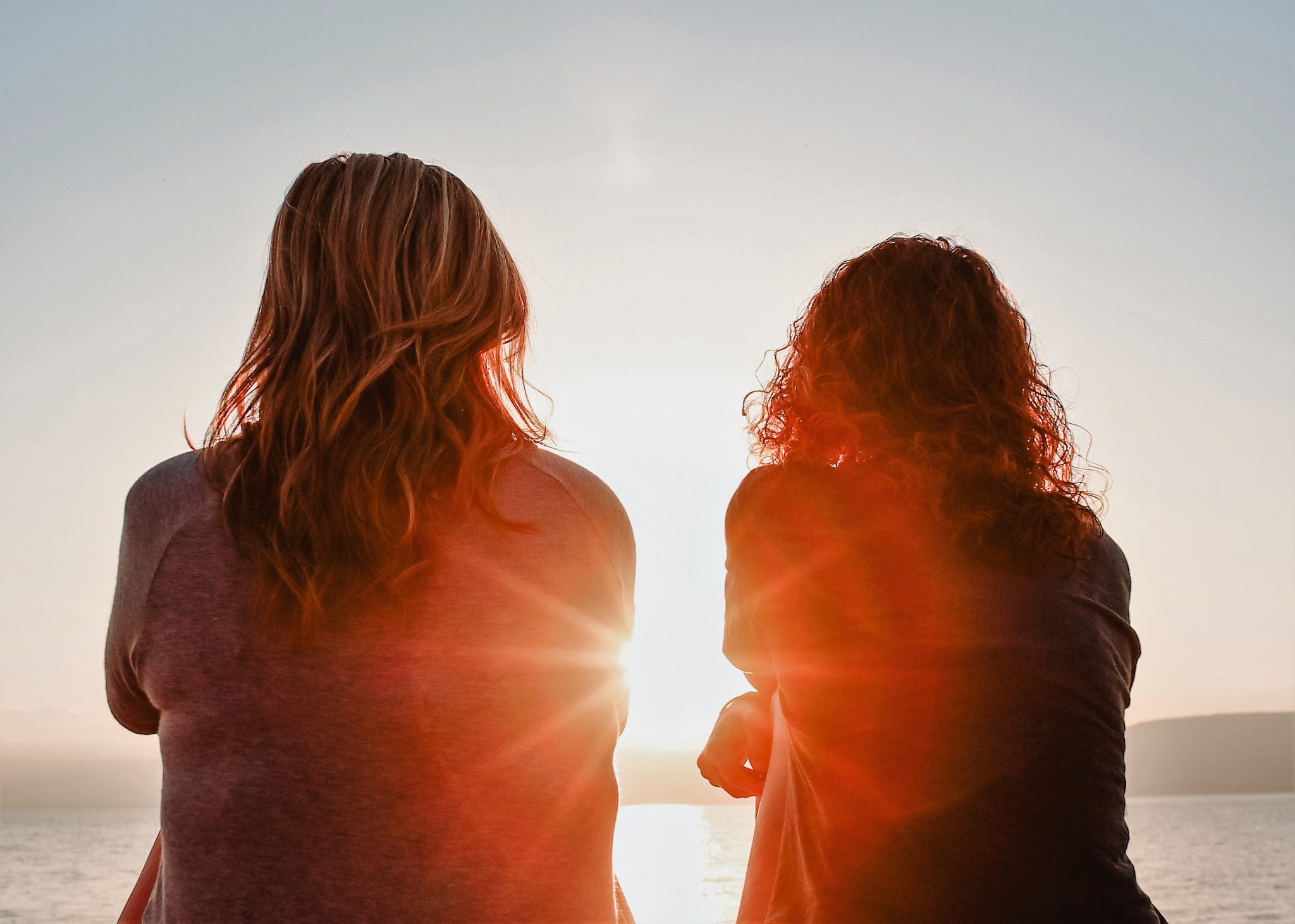Norway has a strong record of protecting and promoting human rights and is party to the vast majority of international human rights conventions.
Human rights are well integrated into the Norwegian legal system and Norwegian courts follow a general principle that domestic law should be interpreted in accordance with international law. The drafting and consultation procedures for new legislation also include a thorough consideration of human rights implications. The Norwegian Government takes its human rights obligations seriously and cooperates openly with international monitoring mechanisms.
Norway is a parliamentary democracy, with free and fair elections, robust institutions, a vibrant press and an active civil society. Norway has topped the UN’s Human Development Index for over a decade and consistently ranks high in indicators of democracy, the rule of law and civil and political rights. The Norwegian Constitution includes strong protections for freedom of assembly, association and expression. It also provides a right to access public documents and requires the Norwegian State to facilitate ‘open and enlightened public discourse’.
The Norwegian Constitution protects the right to freedom of religion and requires that all religious and philosophical communities are supported on equal terms. There are approximately 800 registered religious and philosophical organisations in Norway, all of which have a right to financial support from the State based on their membership size. In 2012, Article 2 of the Constitution was amended to remove a reference to Evangelical-Lutheranism as the official State religion. A separate provision recognising the Church of Norway as the established national church was added, alongside several other provisions to increase its independence from the State. The Criminal Code also includes offences for discrimination on the basis of religion.
Norway is an international leader in gender equality and consistently ranks high in the World Economic Forum’s Global Gender Gap Report. Women’s employment and economic participation rates are high in Norway and there are strong parental benefits, childcare support and flexible working arrangements. Norway also ranks high in women’s health, educational attainment and political empowerment.
According to the Rainbow Europe Report, Norway ranks high among European countries when it comes to the human rights situation of lesbian, gay, bisexual, trans, intersex and queer (LGBTIQ) people. Gay and lesbian couples have the right to marry in Norway and can adopt children. People whose gender identity differs from their assigned sex at birth also have the right to alter their registered gender without the need for sterilisation or medical diagnosis. The Norwegian Government has adopted an action plan against discrimination based on sexual orientation, gender identity and gender expression to improve social attitudes, access to public services and living conditions for LGBTIQ people.
The Indigenous Sámi people have their own representative institution in Norway called the Sámi Parliament, which has 39 elected representatives from seven constituencies. Article 108 of the Norwegian Constitution requires the State to create conditions that enable the Sámi people to maintain and develop their cultures, languages and way of life. The Finnmark Act also establishes a Commission tasked with identifying Sámi people’s rights to land and natural resources in Finnmark county. Sámi children in Norway have the right to learn Sámi languages at kindergarten and school, and Sámi subjects are included in the national curriculum.
The Kvens/Norwegian Finns, Jews, Forest Finns, Roma and Romani/Tater people are all recognised as national minorities in Norway on account of their long-standing attachment to the country in accordance with the European Framework Convention for the Protection of National Minorities. The Norwegian Government has adopted several policy documents related to national minorities, including action plans regarding Kven languages, Anti-Semitism and living conditions for Roma people in Oslo.
There are several schemes available in Norway to help people with disabilities and their families to live more active and independent lives. These include publicly funded home care and support services, loan and grant schemes, training and activity programs, respite care and residential care homes. The Norwegian Government has adopted an integrated strategic plan for 2020–2030 to promote equal opportunities for people with disabilities and a separate action plan to implement universal design and accessibility in a range of areas. In 2015, user-driven personal assistance (BPA) became a legal right for people with a disability who have a major, long-term need for assistance.
